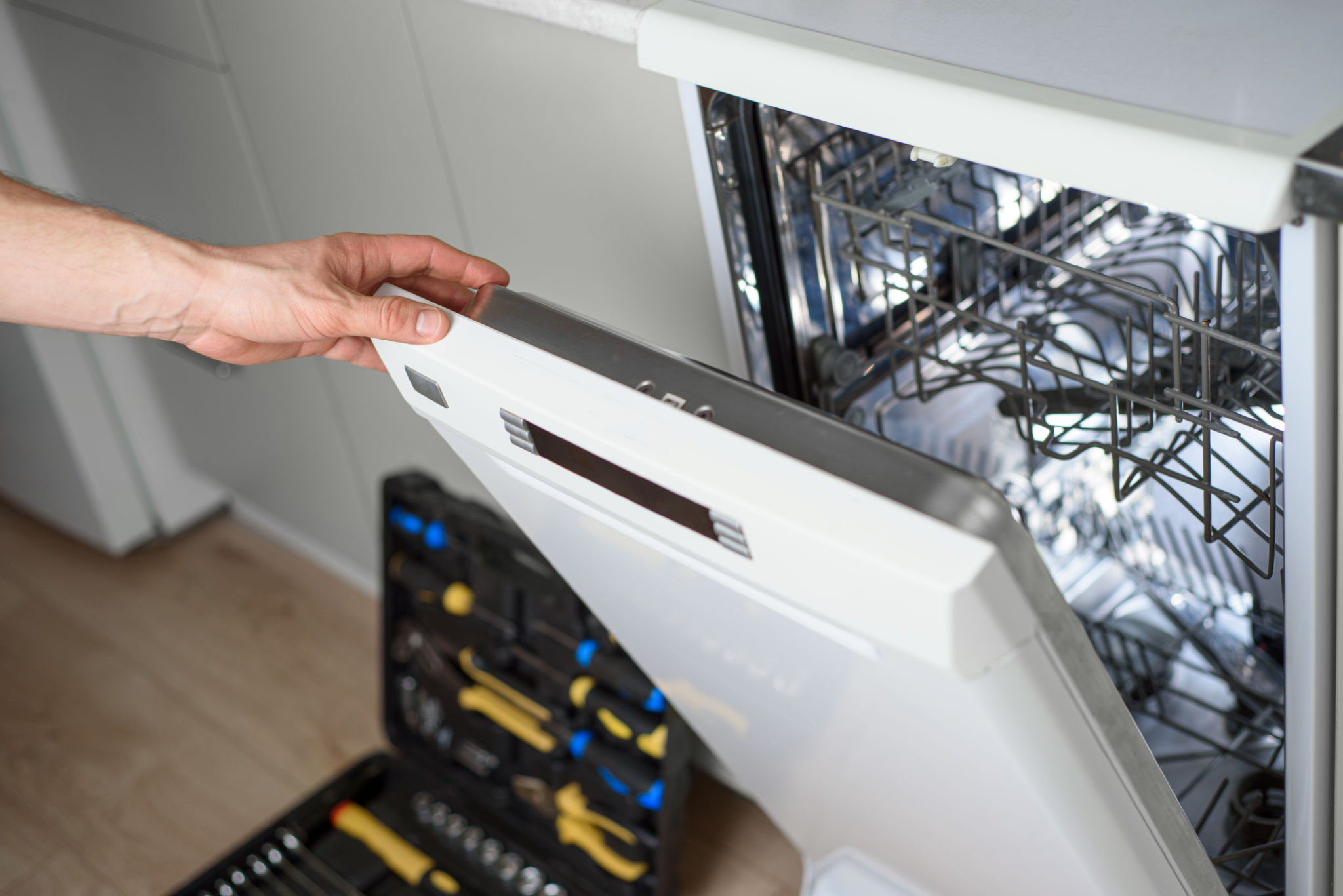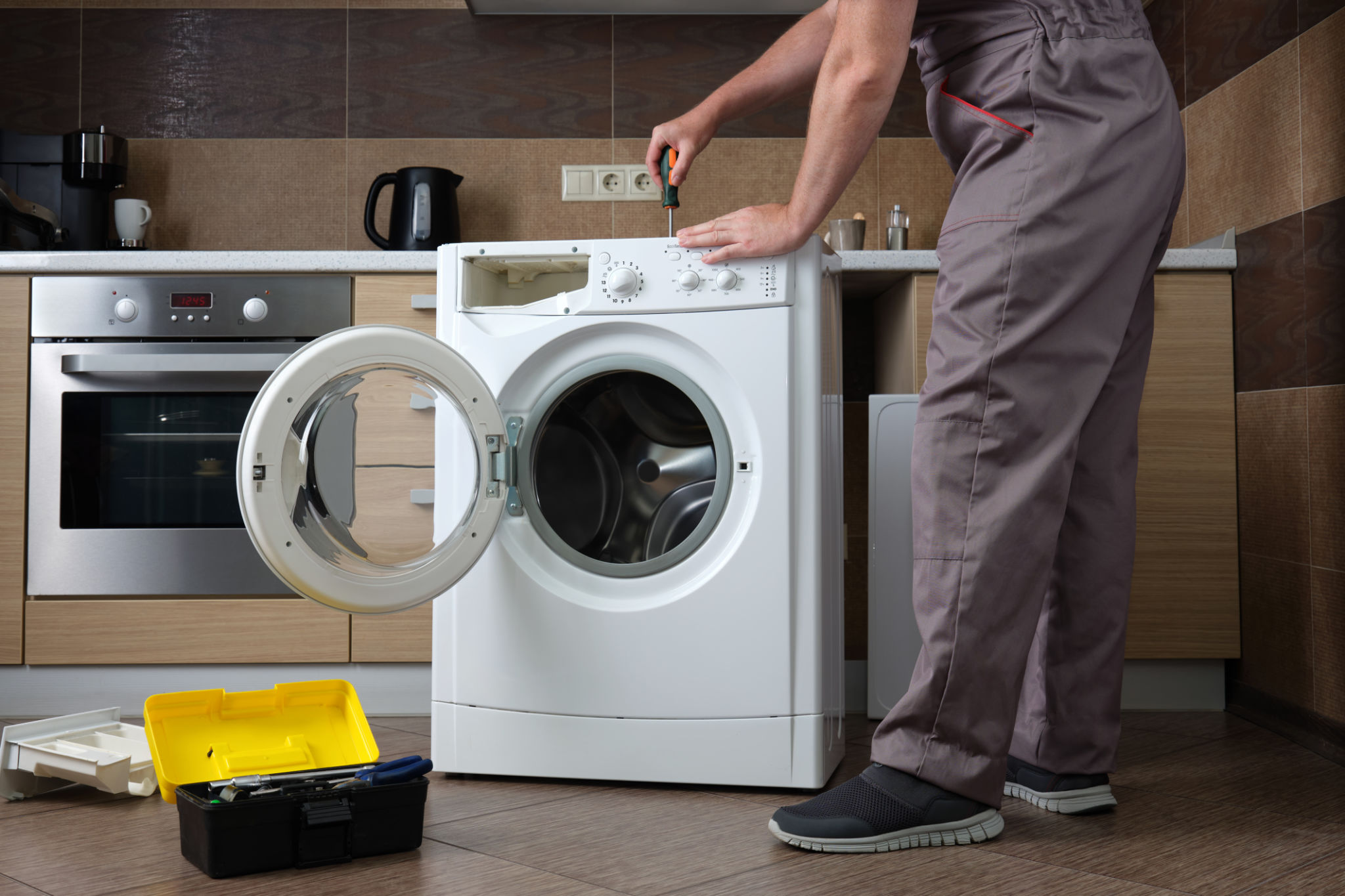DIY Appliance Repair Tips: What You Can Fix Before Calling a Professional
QS
Introduction to DIY Appliance Repair
In today's world, household appliances are essential for daily convenience and comfort. However, when they break down, it can be both frustrating and costly. Before you reach for the phone to call a professional, there are several DIY appliance repair tips you can try to save money and time. With a little patience and the right guidance, you might be able to fix common issues yourself.

Understanding Appliance Manuals
The first step in any DIY repair is to consult the appliance's user manual. These manuals contain valuable information, including troubleshooting tips and safety precautions. If you've misplaced the physical copy, many manufacturers offer digital versions on their websites. Understanding your appliance's model and features can make a significant difference in diagnosing and fixing the problem.
Common Issues You Can Fix
While some appliance problems require professional intervention, many common issues are surprisingly simple to fix on your own. Here's a list of some typical problems and potential DIY solutions:
- Refrigerator not cooling: Check if the thermostat is set correctly and that vents are not blocked.
- Washer not draining: Clean the filter or check for clogs in the drain hose.
- Dishwasher not cleaning properly: Inspect and clean the spray arms and filter.

Tools You Might Need
A successful DIY repair often requires having the right tools on hand. Here are some essential tools that can help you tackle basic appliance repairs:
- Screwdrivers (Phillips and flathead)
- Multimeter for testing electrical components
- Wrench set
- Pliers
- Utility knife
Having these tools readily available can make your repair process smoother and more efficient.
Safety First
Safety should always be your top priority when attempting any DIY appliance repair. Ensure that the appliance is unplugged from the power source before you start working on it. For water-related appliances, shut off the water supply to prevent leaks or flooding. Additionally, wearing protective gear such as gloves and safety goggles can help prevent injuries.

When to Call a Professional
While DIY repairs can be cost-effective, there are situations where calling a professional is necessary. If your appliance is under warranty, tampering with it may void the warranty terms. Additionally, if you're dealing with complex electrical or mechanical problems that you're uncertain about, it's better to seek expert help to avoid causing further damage.
Conclusion
Tackling DIY appliance repairs can be rewarding and save you money, but it's important to know your limits. By following these tips and understanding when to call in a professional, you can extend the life of your appliances and maintain their efficiency. Remember, a little effort in repair today can prevent bigger issues tomorrow.
